CASO
The CERN accelerator complex is a safety-critical, interconnected system-of-systems where reliability is paramount. Traditional model-based maintenance struggles with evolving system behavior and rapidly growing, heterogeneous sensor data. CASO (Computational Agents for Systems’ Operations) provides a scalable, adaptable framework that learns models directly from operational data to anticipate failures, recommend interventions, and coordinate decisions across subsystems.
CASO’s architecture supports:
Secure operations:
- Parameter exchange and learning without exposing sensitive data, aligned to stringent operational security requirements.
- Edge readiness: Lightweight agents for resource-constrained devices and distributed subsystems.
- Interoperability: Standardized interfaces for seamless integration with existing monitoring, alarms, and maintenance management workflows.
- Prescriptive intelligence: Early anomaly detection, Remaining Useful Life (RUL) estimation, and optimized scheduling to minimize downtime and failure propagation.
- Scalability & adaptability: Designed to evolve with equipment, sensors, and operating conditions across the LHC ecosystem.
With advanced analytics and intelligent agent coordination, CASO raises care-of-machine quality, reduces variation in maintenance practices, and maximizes physics program availability.
Our role in the project
CERN leads the design, implementation, and evolution of CASO across the accelerator complex. Responsibilities include secure systems integration with legacy and multi-vendor equipment, deployment of edge-capable agents, lifecycle MLOps for on-prem updates and monitoring, validation with domain experts, and continuous hardening in production environments. CERN coordinates pilots, benchmarks, documentation, and training to ensure sustainable adoption and measurable impact on availability and reliability.



